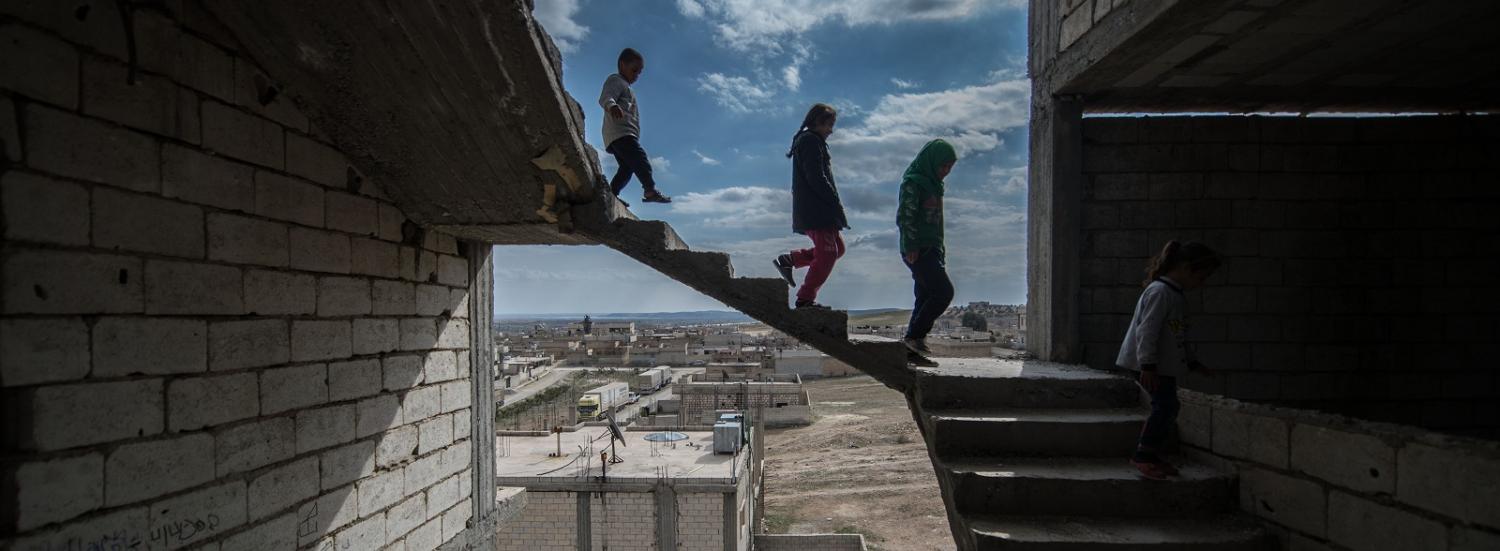Just as there is no honour amongst thieves, there is rarely unity amongst jihadis. Given Islam is an interpretive religion, there is sometimes ideological competition among groups as to who is (or, more often, who isn’t) following God’s true path when killing people. But often the cause of disunity is more prosaic: competition over limited resources; leadership disputes; or personal, tribal or ethnic differences that manifest themselves when pressure is applied. Disunity has been a common story of the opposition in Syria. We see this playing out currently in north-western Syria as the non-Islamic State jihadists have been brigaded in and around Idlib after their defeat and negotiated evacuation from Aleppo. It did not take long for the resident groups to factionalise into two larger groupings, and to turn against each other in yet another round of internecine warfare.
It seems likely the regime allowed the evacuations from Aleppo, at least in part, in order to corral these groups together and then let nature take its course. The Russian and Turkish-arranged peace talks held in Astana provided additional fuel to the fire. With some groups invited, others – such as the al-Qaeda (AQ)-aligned Jabhat Fatah al-Sham (JFS) - shunned, and Ahrar al-Sham invited but not attending, some viewed these talks as a prelude to marginalisation and sought to take matters in their own hands rather than have their futures decided for them. JFS members may well have believed that the stars (and Turkey) were aligning against them and thought their only way to survive was to seize the military initiative and make themselves too big a coalition to beat; hence the creation of yet another Islamist coalition, Hay’at Tahrir ash-Sham (HTS). JFS is at the core of the new coalition, but it is allegedly headed by the former emir of Ahrar al-Sham.
Confusing? Absolutely, and once again we are reminded of the difficulties posed by a taking a singular view of jihadist groups, one that classifies them as either moderate or not. Within each group there are people who sit along a spectrum of radical thought. At times, groups splinter along these lines. But to label one group as ‘moderate’ and believe that everyone in that group is also ‘moderate’ is simplistic at best, dangerous at worst. Hence we have a former leader of Ahrar al-Sham, a group backed by Turkey, joining the neo-AQ, HTS, which contains as a sub-group Nouredinne al-Zinki, which was at one stage a US-vetted moderate group.
Infighting between and among the various groups favours many players. Obviously the Assad regime and its allies benefit, but so too does also nearly everyone else. This type of fighting often yields intelligence benefits, as one side is willing to provide information to third parties to weaken their opponents. Others may feel that the end is nigh and wish to be on the right side of the result, and operational security may also slacken, given the need to fight on multiple fronts. The reduction in their operating area has also concentrated these groups to a degree not seen previously. Whatever the reason, US-led coalition strikes on AQ-affiliated groups seem to have increased since the latest infighting. Up to 100 were killed at a training camp in Idlib on 19 January, a Tunisian AQ planner died in another air strike that same week, and earlier this month US forces killed 11 AQ operatives in two air strikes near Idlib, including a leading Egyptian trainer.
Meanwhile, Turkey won't be much concerned by the latest gyrations. If the split has resulted in the more radically Islamist elements of Ahrar al-Sham defecting, it will make Turkey's job of selling Ahrar as part of the solution a bit easier. And, given Turkey backs other proxies further to the east as they attack Islamic State in cooperation with Turkish troops, Ankara has shown that it is willing to back multiple horses in the Syria race; if Ahrar and other Islamists kill each other in Idlib, then let them do so while other more important civil war matters are attended to.
The latest wave of infighting is simply the most recent in a long line of battles for primacy amongst rebel groups. It shows once again why it has been so difficult for the West to back a reliable partner in the civil war, and underlines how difficult the post-war situation is likely to be unless the state (in whatever form it takes) is able to reassert control nationally.
